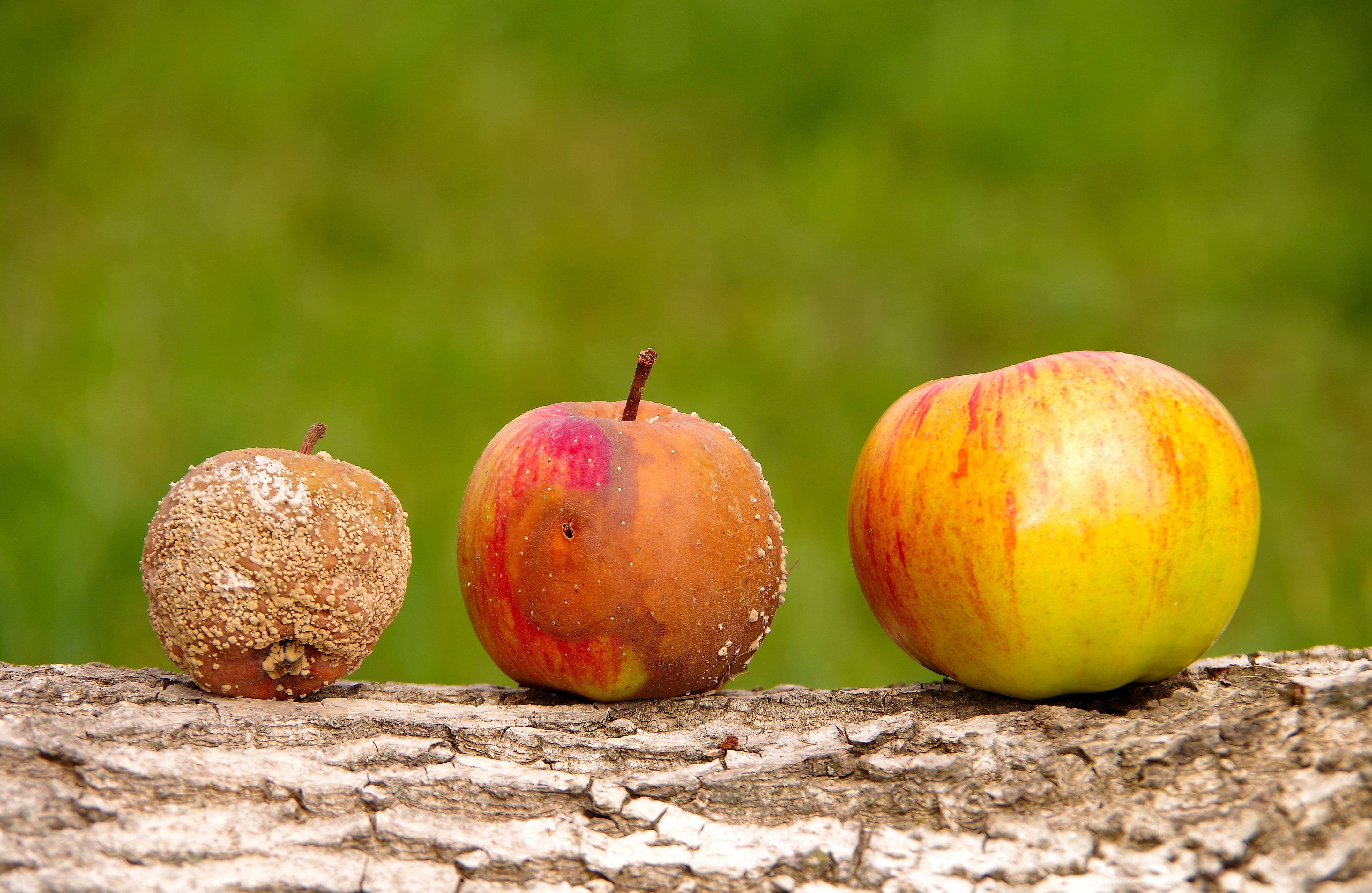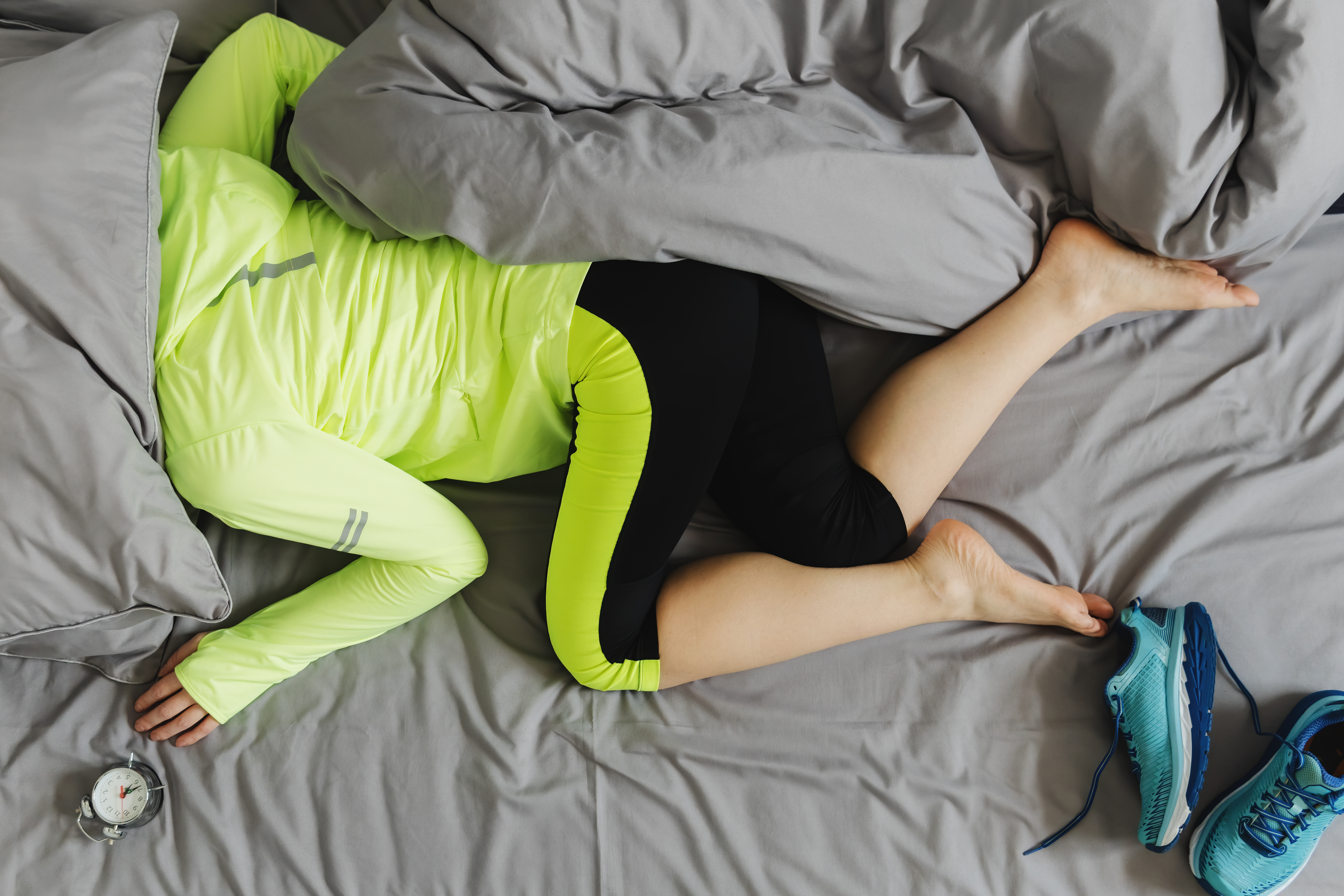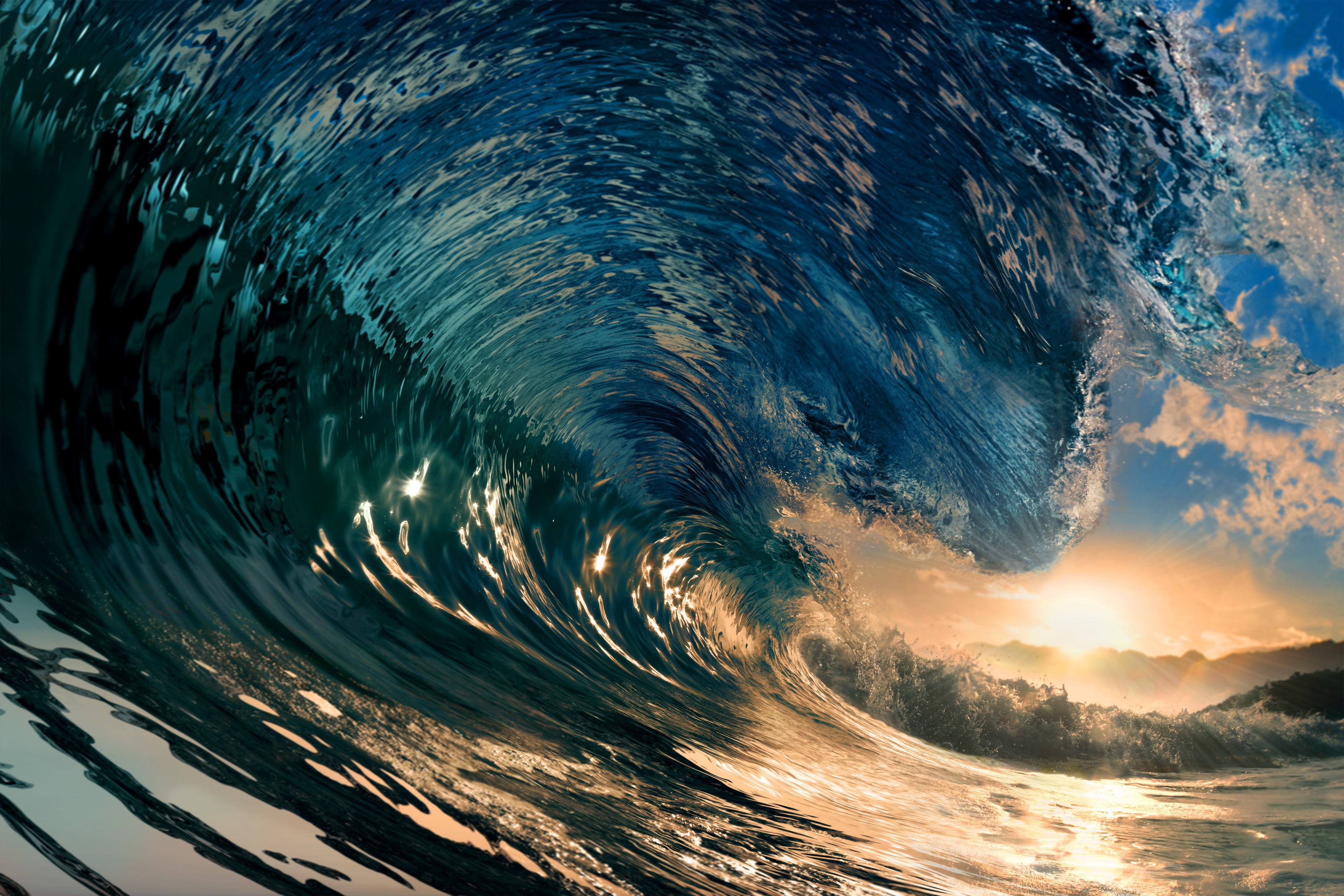Letter from the Co-CEO: The Bad, the Ugly, and the Good by Lynette Lim

Dear friends,
Those of you born before the 1990s will probably recognize that I am playing with a famous film title: The Good, the Bad and the Ugly, the 1966 Spaghetti Western directed by Sergio Leone. The movie is about three different characters, the Good (Clint Eastwood), the Bad (Lee Van Cleef), and the Ugly (Eli Wallach), who meet as they all try to find the same bag of buried gold. The beauty and great success of this movie catapulted Clint Eastwood to stardom.
(Before you think I am making fun of the millennials for not knowing about Westerns, I would be the first to admit that I have been living in a hole this whole time, because last month was the first time I have ever watched this movie! At least I have heard the theme song before!)
The movie was excellent, and like many Westerns it had a predictable ending where the good prevails over the bad. The intellectual part of me has always sneered at Hollywood movies in general because of their seemingly formulaic ending: “and they lived happily ever after.” But the reason why it is the formula is because it works. People do want to watch a movie where there is a happy and predictable ending and the good guy wins. Real life as we know it is messy. It doesn’t tie up in neat bows. And mostly, in our real life, the bad seems to prevail over the good.
Sadly, while we ponder our love for movies with predictable endings, our current world is in crisis due to COVID-19. America is also facing additional unrest following the recent killing of George Floyd by a Minneapolis police officer. From my home in downtown Chicago, I saw firsthand the peaceful protests against racism during the day, and then looting and vandalizing with sirens blasting every half hour throughout the night. The biggest police station in Chicago is a stone’s throw away from my house. Our Mayor, Lori Lightfoot, set a curfew from 9 p.m.– 6 a.m. to try to put a stop to the mayhem, but the looting still happened. The supermarket opposite my home is boarded up to prepare for another night of it. There is now a perimeter around the downtown area, restricting entry to only residents and essential workers. After two nights of hearing sirens, and seeing the shops boarded up, I do feel fear and almost feel like I am being swallowed by letting myself collapse in the unknown.
While it is easy to look at the bad and ugly, perhaps there is a good in all this? Can we find a silver lining? Am I missing a lesson to be learnt in the midst of these crises? But first, let’s consider the bad and the ugly.
The Bad
The pandemic that started in November of 2019 has put the world in crisis mode, where across the globe we are all put on lockdown and individuals are under “house arrest” to “flatten the curve.” As of this writing more than 365,000 people have died from the virus, with the death count in the U.S. reaching 100,000 on May 27th. Even as China and some European countries have begun to open up, allowing shops to open and businesses to operate, things will still take a while to operate as “normal” due to the fears of the people. The shutdowns of schools, with kids going online for their lessons, means a drop in the overall quality of their education. The social distancing practices in senior living homes, and the bans on travel, have also lowered the quality of life for many, as humans need interaction to thrive. As long as no vaccine is found, there will still be uncertainty about the future, and deaths will continue to happen.
For 40 million Americans, their losses hit even harder as they filed for unemployment in the last ten weeks. The April jobs report listed the U.S. unemployment rate at 15%, the highest point since the Great Depression. At a deeper level, to many the loss of a job also means a loss of identity. Who are you if you don’t work? As humans we need to work and be responsible for something, and if we don’t, we lose a big part of ourselves and our sense of meaning.
And then of course there are those who have been impacted directly by the illness and the loss of lives. At the time of this writing more than 365,000 people have died from the virus, with the death toll in the U.S. reaching 100,000 on May 27th. As of that date the U.S. had seen 301 deaths per 1 million citizens, a higher rate than the combined 27 EU countries (279 deaths per million).
The Ugly
The pandemic has further widened social divisions and has become a field for playing the blame game. The blame game is found not only between political parties but across states and cities and between countries, essentially between any parties with different views. The trade wars between the U.S. and China have degenerated into an argument over who started the virus vs. who did not act quick enough to contain it. I personally feel a pang of sadness when I hear or come across articles blaming the current U.S. President for the deaths. How far do we want to take this game while the world is in crisis? The hate has consumed so many that it is hard to come to the table to discuss a compromise or an agreement. While I recognize that there are a lot of pent-up feelings that need to be expressed, hate and negativity breed when not converted into positive action.
Far greater than the divide of political parties is the bigger and bigger gap between the haves and the have-nots. Singapore was held up as a coronavirus success story until recently, when cases surged through the dormitories of migrant workers who are often invisible to the ordinary Singaporean. The number of cases - more than 20,000 - has suddenly put a spotlight on their living conditions, where up to 20 people share a small room. These 1.4 million workers are the backbone of Singapore’s infrastructure. Nearly 300,000 of these low wage migrant workers were quarantined and had to endure being confined to the compounds with overheated rooms and communal bathrooms. Meals are delivered to avoid them using communal kitchens. This is in stark contrast to the lives that Singaporeans live as one of the richest nations in the world. In the U.S., those with underlying medical conditions may be more vulnerable to COVID-19. Those who can’t afford healthcare may delay going to the hospital until it is too late. The gap is widening, and those who suffer the most are the ones with lower social status and income.
Since the outbreak, there has been a startling rise in hate incidents against Asian-Americans. As stay-at-home orders took effect, major cities across the U.S. reported drops in major crimes overall; however, as states begin to open up, crimes such as shooting have increased again in Chicago and Denver. Domestic violence has increased in countries across the world.
Over the last week America has come to face a further crisis, brought to our attention by the killing of George Floyd. This was not an isolated incident of racism, but rather the one that broke the proverbial camel’s back. Floyd’s death is of one of many, including the shooting of a black jogger, Ahmaud Arbery, by two white men. Slavery was abolished in America in 1865, but the deep wounds of it have lingering effects. There is a collective repulsion, and sadness, at how easily a person’s life can be taken away, especially by someone who has abused his official power. And it is also incredibly sad how violence can create more violence. The devastating effects of people who are using this as an opportunity to loot and vandalize are making the cruelty spread. Kids will go hungry in Chicago, as the school district had to shut down the free meal distribution service for a day due to safety concerns and lack of transportation. Governor Pritzker has called in the National Guard to protect locations around the state. The slow and careful reopening of the city will need to be halted until peace resumes. Walking in the streets in Chicago felt eerily like we are in a war zone with broken glass and boarded windows.
The Good
So what is the good in this? What good can I come up from something as atrocious as innocent lives lost due to racism? From the virus when the world is shut down? What good can come out of the violence that happened after? What good now that when I say “stay safe” it means literally stay safe?
As I ponder hard over what the good is, I do see a few things:

- It’s wake-up time. We can no longer ignore hard truths and what is broken.
We can no longer ignore hard truths and what is broken. We can no longer absolve ourselves of the suffering of our fellow human beings. Sometimes truth has to come to us in ways that are so glaringly painful that we finally pay attention. Otherwise we get so distracted again by our daily lives, meeting our deadlines, that we forget about the plight of those who are suffering. We can no longer just stand at the sidelines and ignore the injustice of society and the widening gap between the rich and the poor. We can no longer sit on the fence, because the fence cannot hold all of our collective weight. We cannot pretend we don’t see the ugly side of capitalism, that at its core it creates a society where the winner takes it all and leaves many behind. We can no longer fight our own petty wars of differences and play the blame game when we fail to look at the injustice within ourselves. It is time to wake up.
- It creates urgency to address the issues.
These escalating crises also help us to create a sense of urgency to solve them. It is so easy for many of us living in our comfortable neighborhoods to say that we stand with protestors when it does not cost us much. When our own shops are vandalized, when we face our own feelings of danger and uncertainty, then we are able to see the urgency of making things better. The issue of racism and injustice is not a simple issue, it is deeply rooted in so many things, but these events shine a spotlight on it that pushes us to think about it and perhaps catalyze change.
The alarming number of deaths in America due to COVID-19 also shows the flaws in the medical system and how much more affected some communities are due to inadequate healthcare. These problems again are not trivial but point to the cracks in our society. It shows us that we have to make things better.
- It forces us to slow down and appreciate simple things and relationships.
When the lockdown started, there was a collective yearning to have life back to normal. But as the months wore on, we realized that actually we can live with less comfort and it is ok. The forced simplicity of life where we consume less, go out less, are forced to stay with our kids and do our version of home schooling, has made us question whether what we had considered normal was really all that great. Do I really need that café latte from Starbucks every morning? Do I really need to have cleaners come to my house when I can do the cleaning myself? Yes, we do feel lonely and isolated at times, but we are also able to build and foster closer relationships with those who are with us. It has also made us keep in touch in more deliberate ways with family who don’t live with us. Who ever thought that Zoom would be so useful?
I never had the opportunity before to really know what my kids learn in school, and now I do. They are now my new colleagues since I am always less than five feet away from them during the day. During this time, I also get to reflect on the relationships that matter to me. It makes me simplify and take away the frills and distractions.
- It validates the point of companies and individuals who are resilient.
Warren Buffet has a famous saying: “Only when the tide goes out do you discover who's been swimming naked.”

In good times, when everyone is doing well, it is not easy to separate out the good from the bad, the better-run companies from the not-so-well-run. But in bad times, companies who did not prepare, who did not have extra cash reserves, who did not plan ahead, will unfortunately be found naked in the tide. This also applies to human individuals just as it applies to organizations. Those who save, those who plan for a rainy day, will survive.
- Calamities can also bring out the best in us.
It was really touching to see people in my neighborhood come with brooms, gloves, and garbage bags to help clean up, to help the small shops and show solidarity. Restaurants gave out free food to all who helped repair the damage. While there is pain, we also have opportunities to show up to be kind and vulnerable to others.
The Singaporean government, when they learned of the plight of the migrant workers, started taking action to make their lives more humane by installing wifi in the dorms, providing free accommodation and meals in hotels, etc.
Around the world people volunteered, risking their lives to save others. The protestors also risked potential exposure to COVID-19 to get out in the streets and demonstrate against racism and the brutality of the killings.
- It makes us examine whether there is a better way than how we used to live.
With the loss of production throughout the world, the world’s consumption of oil and pollution has lessened and the mother earth has started to heal. If you look at pictures of Venice, you will see the waters are now clearer and fish can be seen. Is more production, more growth, the best way to live? Is consumerism the best model for our lives, or is there much more to life than the next acquisition, the next thing to have? Is increasing shareholders’ value the only way to gauge a firm’s success? Or can we build a company with a more holistic and inclusive view of our environment and those currently left behind? Can we create a society whose values are to share rather than an exclusive world?
- It is a time of reflection, repentance and looking up
This turn of events has caused the perfect storm, but perhaps the real silver lining of being locked down and now facing curfews and unrest in this nation is that this is a time to really self-examine, repent, and look to the one who really is in control. When life is normal, we think we are in control of our own destiny, when in reality that control is only a mirage.
However bad and ugly it is for you right now, I urge you to not waste this time to reflect on the good. We hope and pray that, just like in the movies, in the end the good will prevail.
Once again, I will be happy to hear from you.
Lynette
Trading in futures products entails significant risks of loss which must be understood prior to trading and may not be appropriate for all investors. Past performance of actual trades or strategies cited herein is not necessarily indicative of future performance. The information contained herein is provided to you for information only and believed to be drawn from reliable sources but cannot be guaranteed; Phillip Capital Inc. assumes no responsibility for errors or omissions. The views and opinions expressed in this letter are those of the author and do not reflect the views of Phillip Capital Inc. or its staff.
